Comprehensive Breast Care When You Need It
Ensuring your breasts are healthy is essential in every stage of life. At Premier Surgical Network, we bring our expertise and compassion to provide comprehensive breast care, from treating common breast disorders to breast cancer surgery and more.
Our expert surgeons have been recipients of multiple prestigious awards and honors
- Over 100 years of combined experience
- Recognized as Top Doctors by multiple outlets, including NJ Top Docs
- Board-certified surgeons
Radio Listeners: Your Breast Care Journey Starts Here
Have you heard? Premier Surgical Network is the destination for advanced breast care for patients throughout New Jersey.
We specialize in providing comprehensive breast and general surgical procedures. Our surgeons are passionate about educating the community about early detection, diagnosis, and treatment options available for breast cancer. Our dedicated team of surgeons provides unparalleled compassionate care, understanding that every patient is different and guiding you through your options — every step of the way.
Reach out and discover why patients entrust their care to the doctors at Premier Surgical Network.
Breast Care You Can Trust
Our doctors personalize care for each patient we serve, providing an empathetic ear along with our expertise to craft the best approach for your situation. From breast cysts to breast cancer, we diagnose and treat a wide range of breast conditions. We pair our extensive experience with cutting-edge procedures to deliver breast care that exceeds your expectations.
Breast Pain & Tenderness – Breast pain is commonly caused by tissue swelling during a woman’s menstrual cycle. Other causes of breast pain include injury, infection, or cysts. We can help determine if you need further testing.
Cysts – Cysts are hard or soft fluid-filled sacs that develop in the breast tissue. Most cysts are benign (non-cancerous) but can be aspirated to relieve tenderness or to rule out cancer.
Breast Lumps – Lumps can occur anywhere in the breast tissue for a variety of reasons. We examine and treat a variety of breast lumps, including fibroadenoma and general breast lumpiness.
Breast Biopsy – We offer different types of breast biopsies that can provide answers about breast lumps. Though most breast lumps we biopsy are benign, a breast biopsy can provide peace of mind or information you can use to move forward.
Lumpectomy & Mastectomy – A lumpectomy removes only the diseased breast tissue and some surrounding healthy tissue, while a mastectomy removes the entire breast. Our skilled surgeons help you make the best decision for your situation.
Breast Reconstruction Surgery – We consider breast reconstruction an integral part of treating breast cancer. Some patients can undergo reconstruction on the same day as breast cancer surgery while others require a waiting period.
Find Convenient Care With Locations Across New Jersey
What Patients Say About Us
Get Compassionate Care at Premier Surgical Network
The Premier Surgical Network is dedicated to offering compassionate and comprehensive treatment plans for our patients throughout New Jersey. Offering a multi-disciplinary approach, we take pride in delivering high-quality care in a warm and welcoming environment.
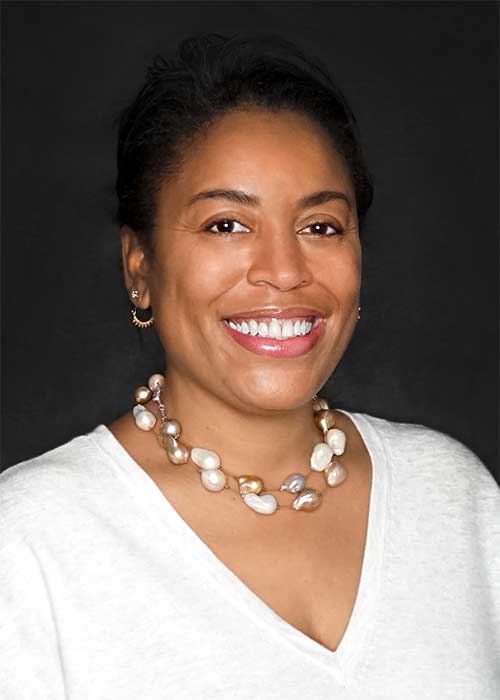
Anjeanette Brown, MD, FACS, Physician
Anjeanette Brown, MD, FACS is board-certified general surgeon, Certified by The American Board of Surgery, with a special interest in breast health. She is a member of the prestigious American College of Surgeons, Society of Surgical Oncology and The American Society of Breast Surgeons.
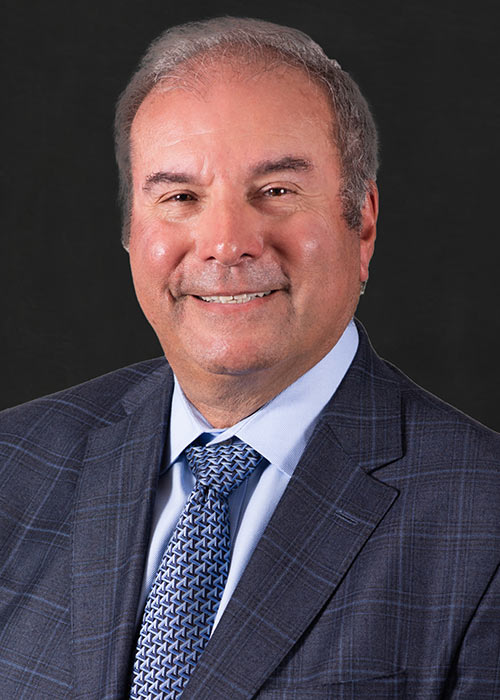
James Frost, MD, FACS, Physician
James Frost, MD, FACS is a board-certified general surgeon, Certified by The American Board of Surgery, with a special interest in treating patients with benign and malignant breast disease.
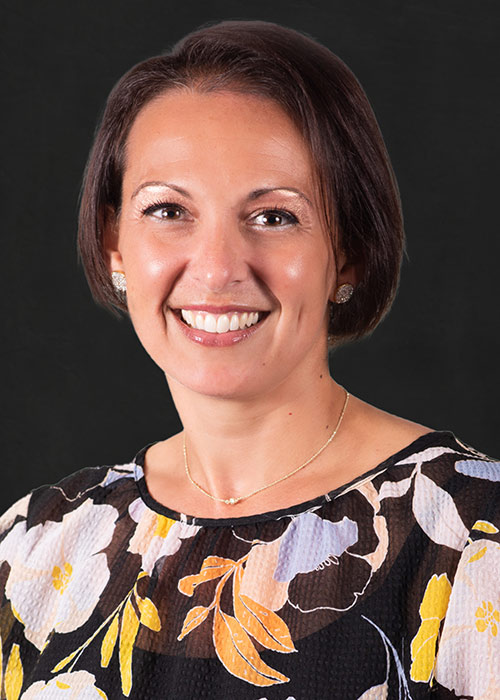
Desiree D’Angelo, DO, FACS, Physician
Desiree D’Angelo-Donovan, DO, FACS is a board-certified general surgeon, Certified by The American Board of Surgery, who also specializes in the care of breast cancer and breast-related diseases. She has obtained special certifications from The American Society of Breast Surgeons in ultrasound and stereotactic breast biopsies. In addition to breast surgery, Dr. D’Angelo also performs general surgery procedures. Dr. D’Angelo was designated as a 2021 Top Doctor by NJ Top Docs.
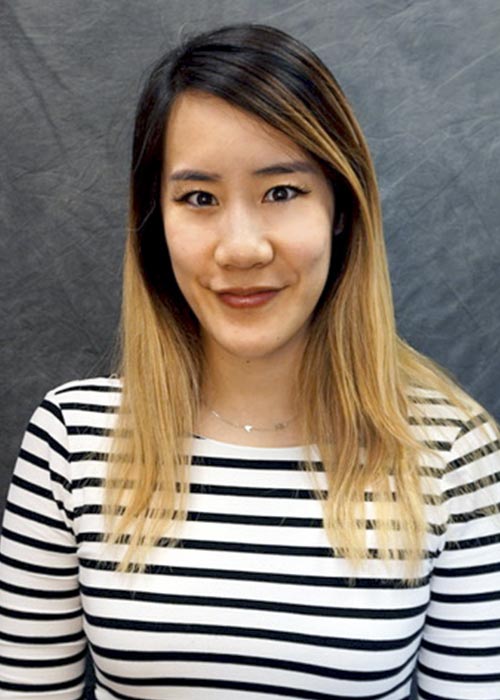
Ann Chuang, MD, Physician
Ann Chuang, MD, FACS is a fellowship-trained breast surgeon, Certified by The American Board of Surgery, with a special interest in breast health, benign breast disease and breast cancer.
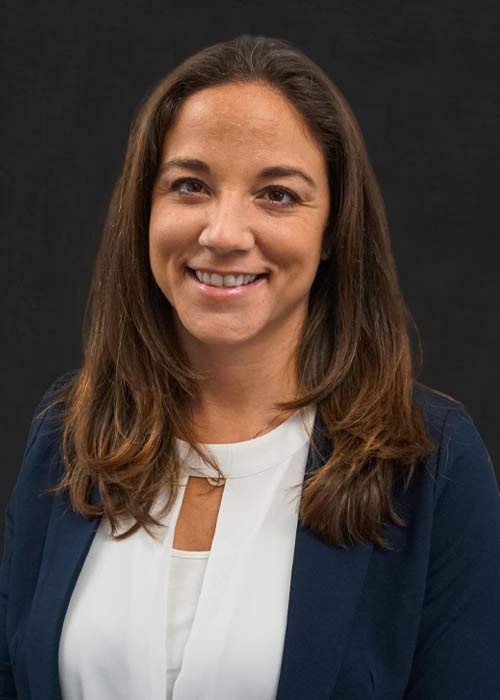
Lisa Iucci, DO , Physician
Dr. Lisa Iucci is a general surgeon with special interest in treating breast diseases and skin cancer. She is board-certified by the American Osteopathic Board of Surgery. She is a member of the American Society of Breast Surgeons.
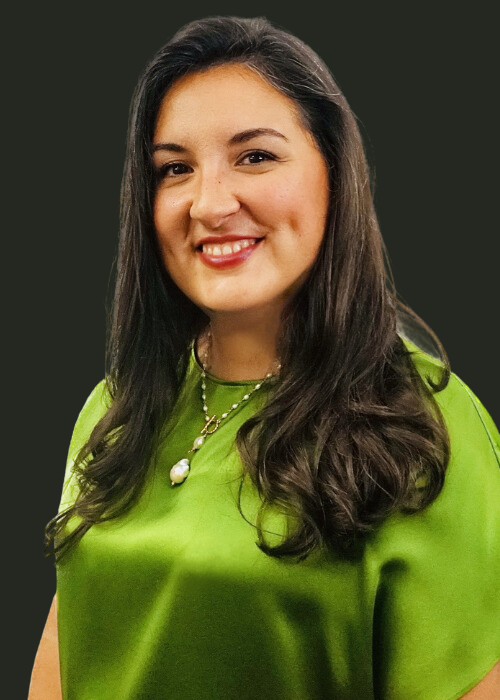
Adriana Suarez-Ligon, MD, Surgeon
Dr. Adriana Suarez-Ligon is a board-certified general surgeon, certified by The American Board of Surgery, and a fellowship-trained breast surgeon, trained at Emory University School of Medicine, a Surgical Oncology (SSO) accredited breast fellowship.
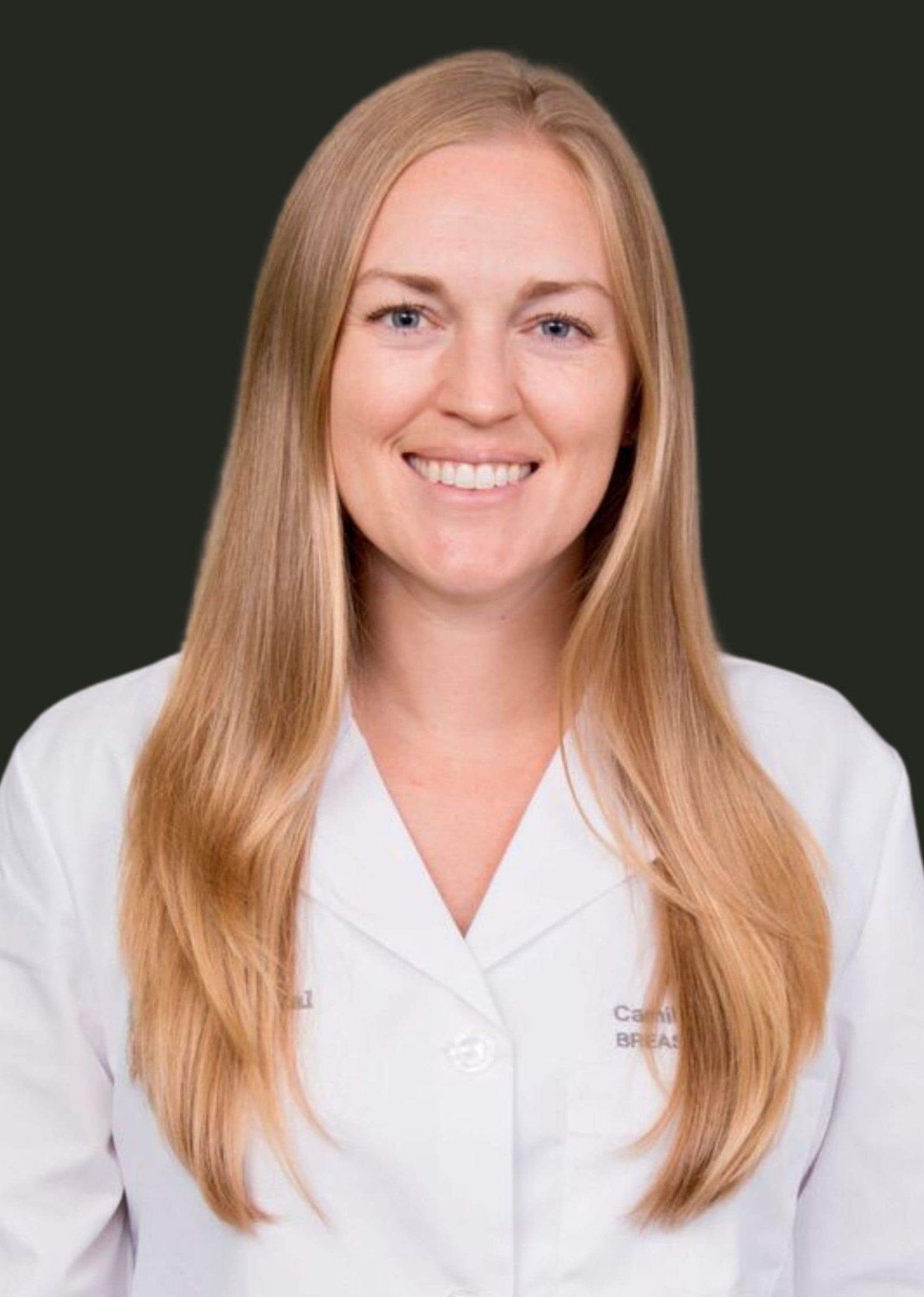
Camille Swain, DO, Physician
Dr. Camille Swain is a fellowship-trained general surgeon with specialized expertise in breast surgery. She is a member of The American Society of Breast Surgeons and The Society of Surgical Oncology. After graduating cum laude with a bachelor’s degree from Elon University, Dr. Swain pursued her medical education at Nova Southeastern University.
Frequently Asked Questions
If I have breast pain, does that mean I have cancer?
Usually breast cancer—unless it is quite advanced—is painless.
Breast pain may have multiple origins, including but not limited to: fibrocystic changes, cysts, infection, hormonal cycle, trauma, dietary factors, inflammation from external sources, etc.
If you have breast pain, it is a good idea to consult your breast physician for a workup, diagnosis and treatment.
If my mother had breast cancer, does that mean that I will get breast cancer?
Only 5 percent of all breast cancers are related to pathologic genes (i.e., BRCA, amongst other pathologic genes).
However, your family history can put you in a higher risk group for breast cancer.
If you have a family history of breast cancer, you should consult your breast physician for a discussion of the appropriate screening modalities available to you.
I had an abnormality on my mammogram/ultrasound and received a call back for further imaging, does that mean that I have breast cancer?
Most breast callbacks are for further diagnostic views and imaging by other modalities and usually result in clarification of the question by imaging alone. Some imaging abnormalities will require biopsy. Most of these can be done with a needle and do not require open surgery. Most breast biopsies will yield benign, noncancerous results (80 percent or more).
If my recent breast biopsy shows cancer, will I need to have my breast removed?
The current treatment of breast cancer is multimodality, involving surgery (breast and plastics), medications (chemotherapy, hormonal therapy, immunotherapy) and radiation (e.g., whole breast vs. partial breast). Treatment recommendations will be discussed based on your personal history, risk assessment, the type, size, and location of the breast cancer you have, your personal habits and your preferences.
Two patients with the exact same breast cancer may elect for treatments at different ends of the treatment spectrum. For example, Patient A with a 2 cm tumor in the upper outer quadrant of her 34C breast may elect for breast conservation and radiation with post-op hormonal therapy. Meanwhile, Patient B with the exact same breast size, tumor size, type and location may elect to have both breasts removed, reconstructed and forego radiation and future imaging. Though these two treatments will yield equal outcomes, each treatment was the correct treatment for the individual patient.
If I have cancer in one breast, do I need to have the other breast removed?
Current data does not support routine contralateral prophylactic mastectomy (CPM) in normal risk individuals. Fear of getting breast cancer in the opposite breast is the least well-supported reason for having the normal breast removed (i.e., the surgical risks of having the breast removed and reconstructed are greater than the risks of getting cancer in that breast). In fact, unless you have personal risk factors that increase your risk of breast cancer in the normal breast, current research suggests that it may actually be detrimental to your overall health to have routine CPM.
Of course, a thorough discussion of risks, benefits and alternatives should occur with your breast surgeon prior to any breast cancer surgery. In some patients, who do not have a higher biologic risk, CPM may be the right choice for them because of other non-medical factors.
If I feel a lump, is it cancer?
It is a very good idea to get to know your breasts. A monthly self-exam can make you feel more comfortable with the makeup and appearance of your breasts, but more importantly will allow you to know if something is new (i.e., it wasn’t there before). Most lumps are benign, especially if they have a history and are non-changing. However, new and growing lumps warrant a visit to your breast physician and should usually be investigated.
What are the signs of breast cancer?
There isn’t one specific sign of breast cancer. However, there are a constellation of findings that should warrant a trip to the breast physician. Such signs include, but are not limited, to changing lump, new/changing swelling or edema of the skin, an ulcerating skin wound, retraction (pulling in) of the skin, a change of breast shape, new nipple discharge, a new crusty appearance to the nipple/areola, a new lump in the armpit.
Do I need a breast MRI?
Most women do not require a screening breast magnetic resonance imaging (MRI) scan. These are usually reserved for high-risk women (lifetime calculated risk over 20 percent), and/or women who had a biopsy showing a high-risk lesion (e.g. atypical hyperplasia, lobular carcinoma in situ).
Breast MRIs are indicated in some breast cancer patients before surgery to exclude disease in the opposite breast and to evaluate the extent of disease in the affected breast. The decision for a breast MRI will usually be made after discussion with your physician and is usually based on your personal risk factors, your age and the type of breast cancer you have.
Breast MRIs are frequently performed for individuals receiving chemotherapy or hormone therapy before surgery to gauge the response of the tumor to therapy.
What lifestyle changes can I make to reduce my risk of breast cancer?
Family history and the chromosomes (genes) we receive from our parents are risk factors that we currently cannot change, though splicing and repairing pathologic genes may become available in the not-too-distant future.
Risks that the individual can control include:
Fat cells in women produce extra estrogen hormone.
How much is too much is still being debated. However, most experts agree that alcohol can increase breast cancer risk incrementally.
Not only can smoking increase your risk of getting breast cancer, but smokers with breast cancer may do worse than non-smokers with breast cancer.
Hormone therapy. Hormones, like estrogen, can increase risk of breast cancer. The risk is related to the length of time used and seems to decrease with time once the hormones are stopped.
Should I be worried if I have nipple discharge?
In some women, nipple discharge can be associated with breast manipulation and/or hormonal changes. This is especially true if the same discharge is present in both breasts.
Most nipple discharge will be from a benign etiology.
A new, spontaneous, unilateral nipple discharge should initiate a visit with your breast physician.
What does the term “sentinel lymph node” refer to?
The sentinel lymph node (SLN) describes the first lymph node to which cancer cells spread from a primary tumor. With breast cancer, it is generally the underarm (axillary) lymph node closest to a breast.
Doctors can perform a biopsy on this lymph node to determine if the cancer has spread to the lymphatic system.
What is Ductal Carcinoma in Situ?
Breast cancer cells are seen, but they are still inside of the breast ducts. They are noninvasive. This is felt to represent a pre-cancer or Stage 0 (The horse is still in the barn).
Ductal Carcinoma is graded (1-3). The higher the grade, the more aggressive it can be.
When diagnosed by needle biopsy, it requires further investigation, as it may be associated with invasive cancer.
I would like to schedule an appointment with the doctor as soon as possible. How can I do this?
We can be contacted during normal business hours, Monday through Friday from 9:00 A.M. to 5:00 P.M. Please call us directly to schedule an appointment. All urgent appointments will be scheduled as soon as the doctor has availability.
How soon after my appointment can a surgical procedure be scheduled?
Generally, two weeks, depending on the type of procedure.
Where will my surgical procedure be performed?
Minor surgical procedures may be performed in the office setting or at a surgery center. For more complex procedures, they are typically scheduled at one of our affiliated hospitals.
Do the physicians perform laparoscopic procedures?
Absolutely! Several procedures can be performed laparoscopically with minimally invasive techniques.
How long will I be out of work after surgery?
It will depend on the type of surgery. For minor procedures, time off from work may not be required. For abdominal surgeries, there are lifting restrictions after surgery so it may be anywhere from 4 to 8 weeks. If your job involves heavy lifting and your employer does not offer “light duty,” you may need to be out of work during that period of time. Our office will help with filling out FMLA or short-term disability paperwork, as needed.
Does someone have to drive me home after surgery?
If you are not having anesthesia, then you can drive yourself home.
If you are receiving anesthesia of any type (general, twilight, sedation, etc.) a responsible adult (over 18) will have to drive you home. You cannot take public transportation, taxi, or Uber/Lyft home after having anesthesia.
